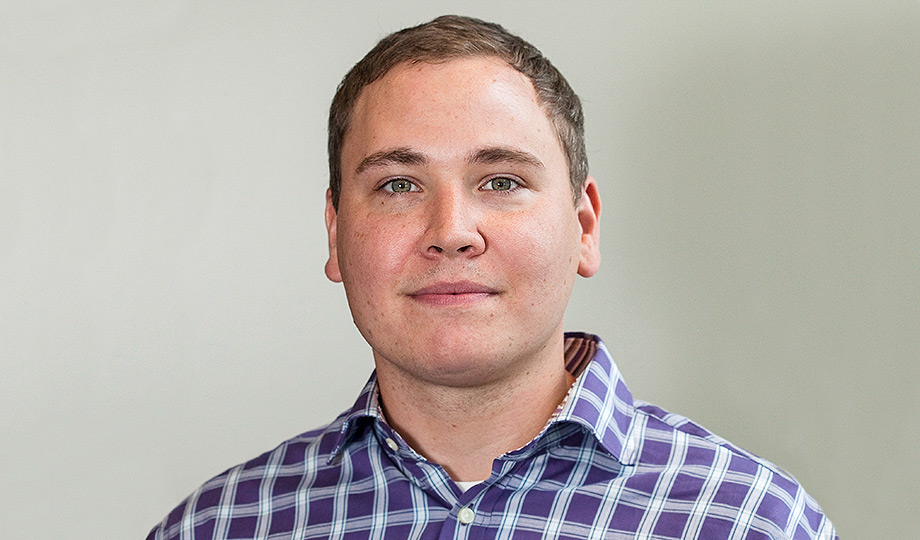
Program: Humanities
In high school, Josh Price was a below-average student with a case of apathy. In fact, he left traditional high school and enrolled in an alternative education program.
“For more than 11 years, education had just happened to me – first grade, summer break!, second grade, summer break!, third grade and so on,” he said. “Alternative school was a means to hasten the end of this vicious cycle.”
Oddly enough, after completing his high school education, Price immediately enrolled at a local community college. It was during his first semester that he learned one crucial lesson that remains relevant for him to this day.
“It was simple enough: An education that merely ‘happens’ to me is not much of an education at all,” he said. “If I wanted something more meaningful, then I’d need to change my approach. The indifference that defined my K-12 education would no longer suffice in an activity I signed up for. So, I switched it up. I began to take seriously the fact that it was my choice to go to college.
“More importantly, I realized that a call for change begins with me. Acting on this insight continues to produce a rich and meaningful life that I would have otherwise missed. This is why the lesson of ‘conscious engagement’ is at the core of every course I teach. I hope my students catch on!”
Before coming to College of DuPage as a Humanities instructor, Price taught philosophy and religious studies part-time at several colleges while serving in a restaurant. His past job experience includes working in HVAC with his father, working at a Boys and Girls Club, selling women’s shoes, tutoring and pond building/landscaping, just to name a few.
Although Price started teaching philosophy and religious studies, his interests went beyond these subjects.
“Both philosophy and religious studies are, of course, alive and well at COD, but the Liberal Arts Division also addresses literature, music, fine art and history. In my courses, all of these subjects are addressed relationally. They are not treated in isolation from one another, and I believe this approach allows a course to be more than the sum of its parts.
“Of course, it is a good thing to study moral theory by itself. But by understanding, for example, the way a particular moral theory emerges within a specific epoch of human history and recognizing the relation of other social products to that specific epoch, it reveals a larger narrative that, for me, is more fulfilling. It is the radically interdisciplinary approach to the study of humanity that I find most interesting, and the Humanities program at COD offers such an approach.”
Teaching allows Price to indulge in his own love of learning. In fact, he’s still learning the lessons of “my father’s quiet intuition and my mother’s fierce activism.” But he also enjoys participating in the learning process of others.
“When I was in college, I developed solid relationships with a few of my teachers. I’d visit them in their offices, go out to lunch and discuss shared interests, and have dinner in their homes. Over the course of a few years, I observed their lifestyles, and they seemed to genuinely enjoy their jobs,” he said. “From my perspective, they didn’t appear to experience a stark division between their professional life and home life. I never caught Dolly Parton’s ‘9 to 5’ on their lips. Every day they were teaching the things that they were genuinely interested in, and many of their activities at home related to and enhanced their instruction.
“I recognized the benefits of this kind of living early on and decided to pursue that path. Were my impressions naïve? Perhaps a little bit, but I can honestly say that I love my work and recognize how lucky I am to be doing it. It’s great thing to be able to come to work and discuss things that are significant to my own intellectual curiosity.”